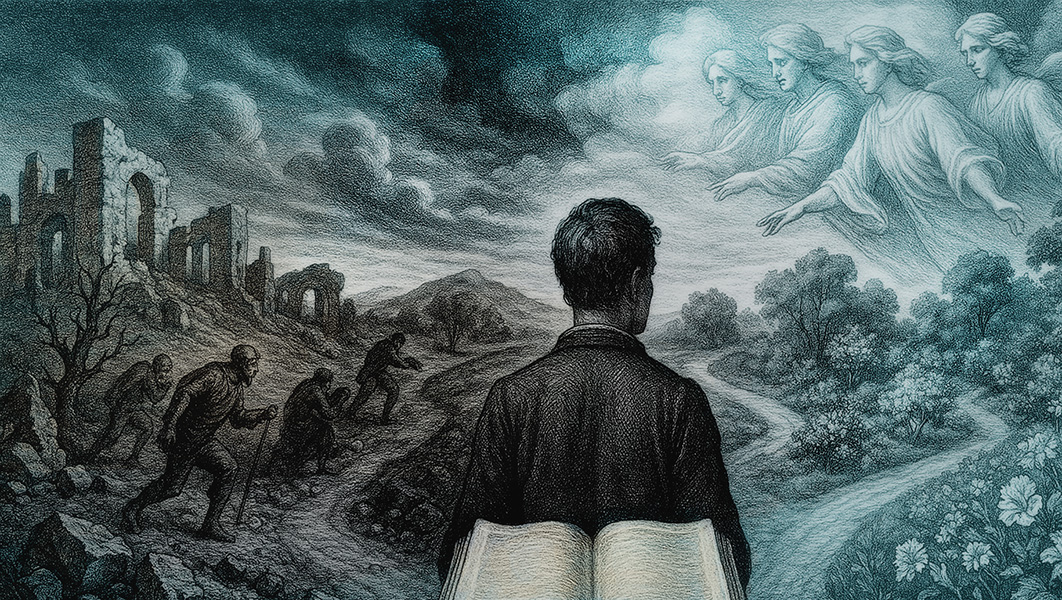The Paradox of Valuing Wise Decisions
What if wisdom's greatest flaw is its own success? By shielding us from disasters, do wise choices rob us of the ability to truly value what we've gained?
We truly begin to value something only when it disappears. But this raises a question: if we live wisely, avoiding problems, can we genuinely appreciate what we've achieved? Will we find joy in averting major difficulties if we've never suffered from them?
Absence, loss, or even a profound fall—these are, in a way, teachers. They make us value what was once taken for granted. But wisdom allows us to avoid various horrors. And if we don't experience them, how much can we truly appreciate our successes? This applies not only on a personal level but also to families, nations, or even all of humanity. It holds true for personal relationships, health care, well-being, careers, governance, economic systems, or raising children.
Learning from others' mistakes can help here. This is especially important for children or younger generations. By observing the errors of others, we understand the consequences of unwise decisions—or outright foolishness. Such experiences help us value the fruits of our wisdom, even if we haven't faced serious problems ourselves. This way, we blend both experiences, learning to appreciate what we have while remaining mindful of potential losses, even if we don't have to endure them. In practice, however, this doesn't always work, and history tends to repeat itself. Wealth amassed by grandparents is often lost by the time it reaches grandchildren or great-grandchildren. Still, this can be addressed through thoughtful historical memorials, testimonies, and proper history lessons. These work to some extent on the level of cultures and nations but can also apply to families—assuming, of course, that families exist in the first place, which, since we're talking about wisdom, we can assume they do. Another good example is vaccinations. When everyone is vaccinated, the horrors of terrible diseases and epidemics don't seem so threatening, and we don't fully appreciate their absence. But books, films, and our collective cultural heritage can vividly illustrate this for us. Lately, though, that seems to be falling short. But vaccines are a separate topic.
It's also worth noting that we shouldn't confuse the paradox of valuing wise decisions with the "Solomon's Paradox," which describes a wise person giving excellent advice to others but constantly stumbling in their own life. Solomon's Paradox, rooted in biblical narrative, is often used as a metaphor for wise but tragic choices. My topic here is different—it's about the paradox of valuing wise decisions, where the outcome is the absence of disasters, nightmares, and catastrophes, and the resulting difficulty in recognizing and appreciating the achieved good.
Such is the dichotomy of appreciation.



